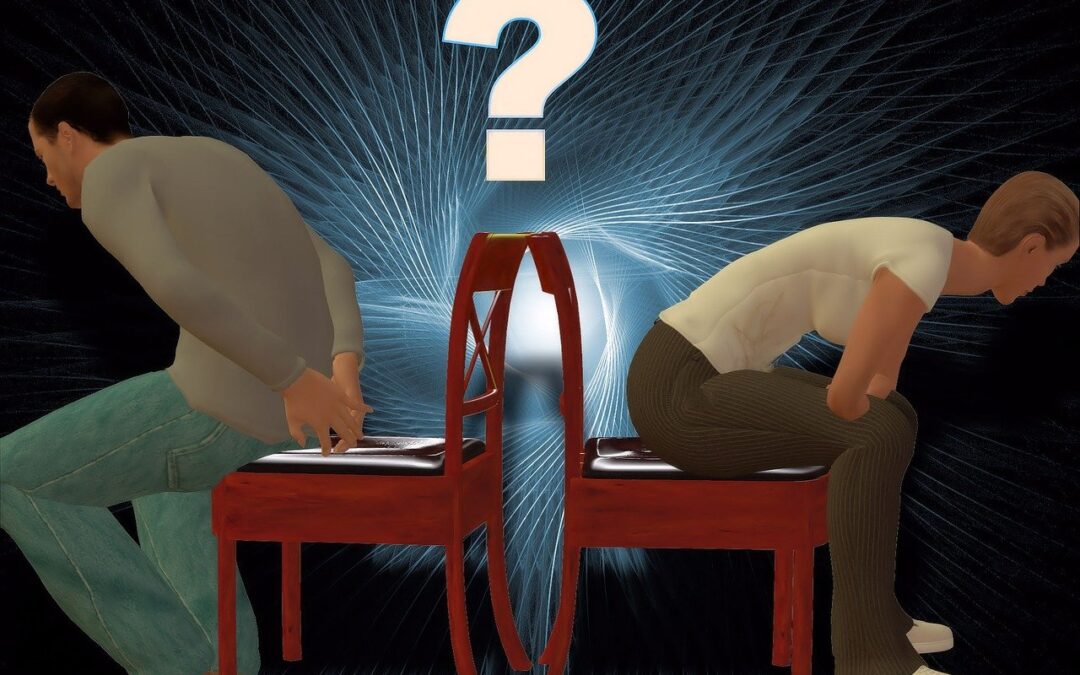Relationships are intricate ecosystems in which the emotional health of each member has a significant impact on the dynamics. When one spouse struggles with anxiety or depression, it can negatively impact the partnership as a whole.
In these situations, getting expert assistance is necessary, and couples counselling has shown to be a good choice.
In this piece, we explore the effectiveness and mechanisms of couple therapy in situations where one spouse is experiencing anxiety or depression.
Depression & Its Effect on Relationships
Depression affects a person’s entire life, including their relationships; it is not only a personal burden. Affected people may experience irritation, withdrawal, and lack of interest in once-enjoyed activities. These symptoms might make it difficult for them to interact productively with their spouse. However, anxiety can cause excessive concern, tension, and fear, which can strain the connection and cause uncomfortable.
What is Couple Therapy for Depression?
Couples therapy, sometimes referred to as marriage therapy or couples counselling, is a type of psychotherapy used to improve interpersonal issues and the quality of relationships. A relationship may experience strained dynamics, increased conflict, communication breakdowns, and emotional distance when one partner suffers from depression or anxiety.
How does it work?
Couples may explore their attitudes, feelings, and behaviors in the relationship in a safe and supervised setting by participating in couple therapy. Couples who seek assistance from a skilled therapist can recognize harmful patterns, encourage constructive communication, and acquire the tools necessary to handle challenging circumstances. Counseling centers on how relationship dynamics are impacted when one partner is dealing with mental health issues like anxiety or depression.
Why Consider Couple Therapy?
Depression or anxiety in one spouse can lead to feelings of helplessness, resentment, and annoyance, which can strain the relationship. Together with each other, the couple may express their concerns, get insight from each other’s perspectives, and work toward improving and fixing their relationship in the safe and supportive setting of couples counseling.
What Couples Therapy Can Help with?
Couples therapy can address a myriad of concerns arising from depression or anxiety, including:
- Communication difficulties: Anxiety and depression can make it difficult to communicate clearly, which can result in miscommunication and confrontations. Couples therapy gives partners the skills they need to properly communicate their wants and feelings.
- Intimacy issues: A relationship’s intimacy and affection can be undermined by mental health issues. A sense of connection and intimacy is fostered by therapists helping couples re-establish physical and emotional closeness.
- Role transitions: Traditional roles in a partnership might be upset by depression or anxiety, leading to stress and strain. Couple counseling helps partners reshape roles and duties to better meet the mental health requirements of the individual.
- Conflict resolution: Couples dealing with anxiety or depression may find themselves in more conflict and tension-filled situations. Counseling sessions offer a controlled environment for locating and addressing underlying problems, encouraging compromise and resolution.
What Happens in Couples Therapy?
During a couple’s therapy session, a licensed therapist will usually guide both partners in an open discourse. The therapist facilitates communication, encourages empathy and understanding, and offers perceptions of the workings and patterns of relationships. Through a range of therapeutic approaches, such as emotionally focused therapy or cognitive-behavioural therapy, couples get new insights and workable ways of resolving their issues.
What does Couple Therapy for Depression involve?
Couples therapy for depression focuses on the mental health of the patient while incorporating conventional therapeutic techniques. To identify stresses and triggers that exacerbate symptoms, counsellors may look at the origins and manifestations of anxiety or depression within the context of the relationship. Therapy may also involve implementing treatment plans and collaborating to set objectives that will support the patient’s mental health. Within this context, considering alternative options, such as the services available at a chiropractic clinic in Winnipeg, may offer supplementary assistance, attending to both the physical and emotional dimensions of well-being.
How Couple Therapy Might Work for You?
A cooperative and strengths-based method for treating depression or anxiety in the setting of a partnership is provided by couple therapy. Treatment may assist couples in overcoming the difficulties associated with mental health issues while fortifying their relationship by encouraging candid communication, empathy, and mutual support.
What Can You Expect from Your Couple Therapist?
A professional couple therapist provides a secure, accepting environment where couples can discuss their worries and feelings. They adapt interventions to match the particular requirements of each couple, exhibiting empathy, active listening, and cultural awareness. Furthermore, to protect the integrity of the therapeutic process, therapists uphold confidentiality and follow ethical standards.
What are the Length & Frequency of Therapy?
The particular requirements and objectives of the couple determine the duration and frequency of couple therapy sessions. Certain couples could benefit from brief, targeted therapies, while others could need longer-term, more involved therapy. Sessions usually take place every week or every two weeks, giving ample time for introspection, processing, and applying therapeutic techniques.
What are the options available for addressing & resolving an individual’s anxiety or depression?
Couples therapy is not the only kind of treatment available to those who are struggling with depression or anxiety; other alternatives include medication, individual therapy, support groups, and lifestyle changes. In partnership with a mental health specialist, patients can investigate these choices and create a thorough care plan customized to their requirements and preferences. A Winnipeg chiropractic clinic’s services, which offer holistic treatment to address both physical and mental well-being, can also be taken into consideration by individuals looking for alternative or complementary treatments.
Ending Couple Therapy
Discussions about the end of therapy may come up as couples advance in their treatment and accomplish their objectives. Couples therapists collaborate with couples to determine when they are ready to end therapy, to consolidate their progress, and to get ready for new difficulties. Furthermore, as necessary, therapists might suggest people or resources for continuing assistance.


